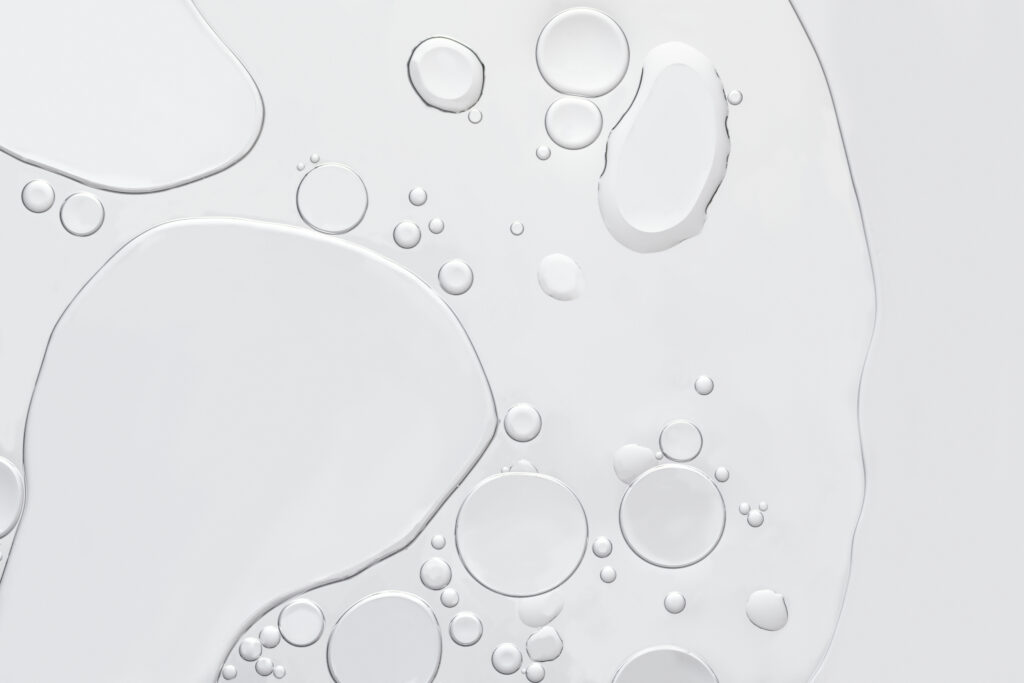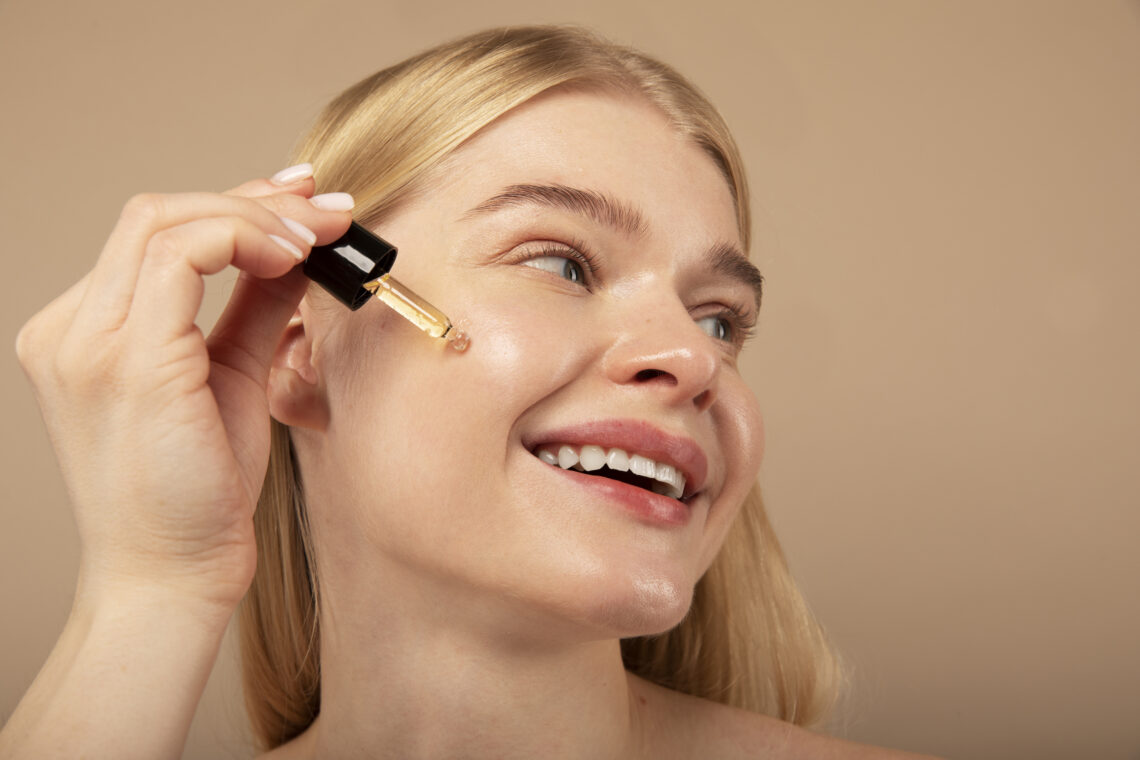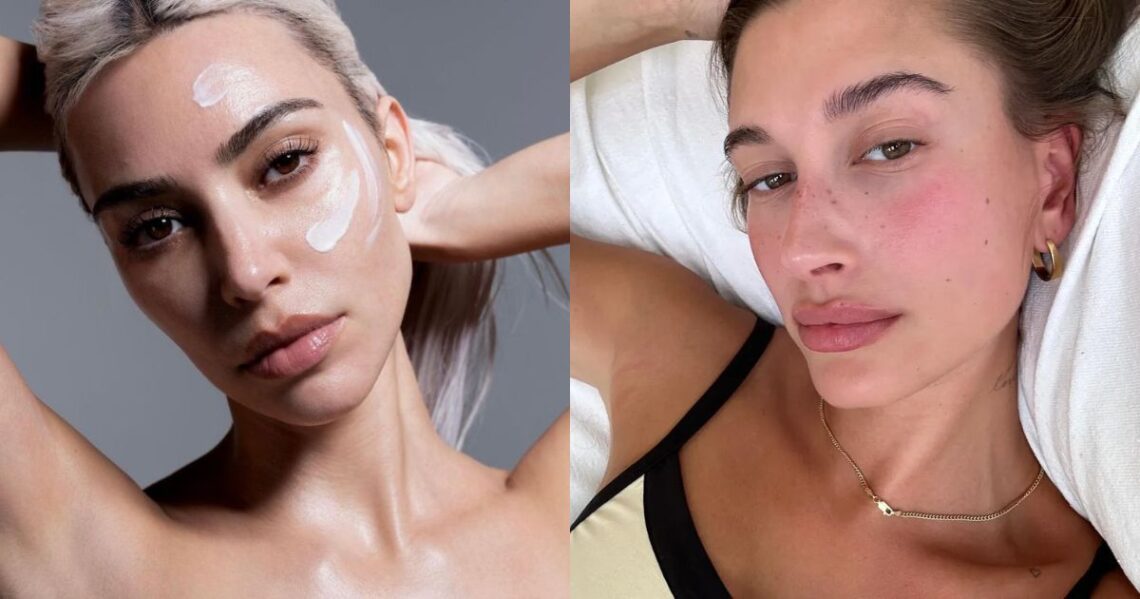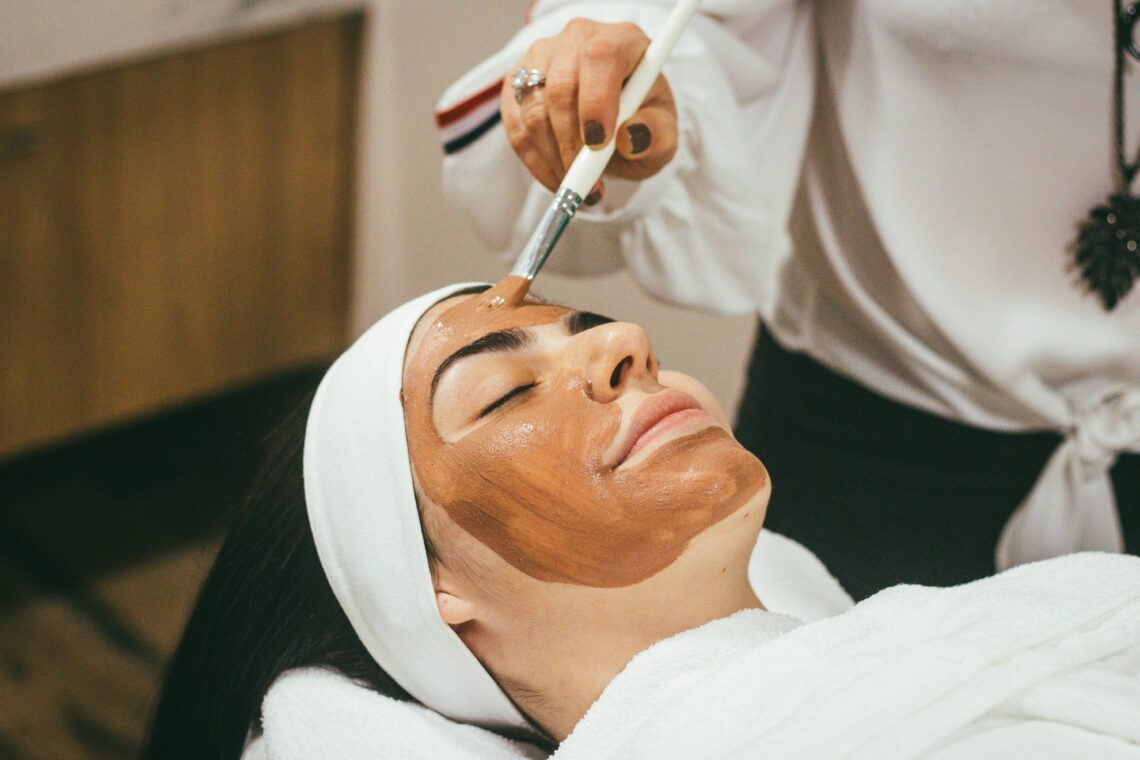Skincare products today are various in the cosmetic market, particularly some skincare products are infused with powerful ingredients that claim to fight signs of aging, brighten skin tone and pigmentation, even reduce blemishes on face. Among these, Retinol and Retinal are two of the most sought-after ingredients in moisturisers, especially in anti-aging skincare products. Both retinol and retinal are Vitamin A derivatives, highly effective for boosting collagen production to rejuvenate skin to glowing and youth again.

So, here comes a big question: Which one should you choose in moisturisers—Retinol or Retinal?
Let’s breaks down their key differences, benefits, potential side effects, and how to choose the right moisturiser for your skin type.
What Is Retinol and Retinal?
Retinol
Retinol is a well-known vitamin A derivative that is commonly used in skincare products. It is praised for its ability to smooth wrinkles, improve skin texture, and reduce dark spots. However, retinol must go through two conversion steps in your skin to become active: first into Retinal, then into Retinoic Acid—the form that actually affects skin cells.
This conversion process makes Retinol less potent but also gentler, which is why it’s usually recommended for beginners or people with sensitive skin.
Retinal (Retinaldehyde)
Retinal is also a form of Vitamin A but sits one step closer to Retinoic Acid than Retinol. Because it only needs one conversion step, it acts faster and is more potent than Retinol. It is less common in mainstream skincare due to its higher cost and formulation challenges, but it’s gaining popularity thanks to its powerful results.
How Retinol and Retinal Work in Moisturisers?
Both Retinol and Retinal function by accelerating cell turnover, which means they help your skin shed dead cells and generate fresh ones. This process helps to:
- Reduce the appearance of fine lines and wrinkles
- Fade hyperpigmentation and acne scars
- Clear clogged pores and improve skin texture
In moisturisers, these ingredients are often paired with hydrating agents like glycerine, hyaluronic acid, and ceramides. This helps balance their drying or irritating effects while delivering anti-aging benefits.
Benefits of Retinol and Retinal in Moisturisers
Both Retinol and Retinal offer significant benefits when used correctly for skincare routine, here are some key features in different skincare aspects:
Anti-Aging
- Retinol: Smooths fine lines and slows the formation of wrinkles over time.
- Retinal: Works faster to reduce visible signs of aging, making it ideal for mature skin.
Brightening and Skin Tone
- Retinol: Gradually evens out skin tone, making it suitable for long-term use.
- Retinal: More effective in fading stubborn pigmentation, including melasma and sunspots.
Acne Treatment
- Retinol: Clears pores and helps reduce breakouts.
- Retinal: Has natural antibacterial properties, which can further help treat acne-prone skin.
Texture and Glow
Both Retinol and Retinal are promoting a smoother, more radiant complexion by encouraging new skin cells to surface.
Which Moisturiser Should You Choose?
Your ideal choice depends on your skin type, experience level, and skincare goals.
Choose a Retinol-Based Moisturiser If:
- You have sensitive skin or are new to Vitamin A.
- You want gentle, long-term results with less risk of irritation.
- You prefer a budget-friendly option with broader availability.
Choose a Retinal-Based Moisturiser If:
- You’re experienced with Retinol and want faster results.
- You have stubborn skin concerns like deep wrinkles or persistent acne.
- You can tolerate slightly stronger ingredients and are ready for a higher performance formula.
Dermatologist Tips for Retinol and Retinal Moisturisers
To get the most out of your moisturiser while minimizing side effects, follow these professional tips:
1. Start Slow
- Begin with a low concentration (e.g., 0.1% Retinol or 0.05% Retinal).
- Use 2–3 times per week and gradually increase frequency.
2. Always Use Sunscreen
Vitamin A derivatives make skin more sensitive to UV rays. Apply broad-spectrum SPF daily.
3. Moisturise Generously
Layer a soothing, hydrating moisturiser after application to minimize dryness and irritation.
4. Avoid Mixing With Strong Actives
Don’t use Retinol or Retinal with exfoliating acids such as AHAs and BHAs, unless advised by a dermatologist.
5. Use at Night
Both Retinol and Retinal can degrade under sunlight, so they’re best used as part of your evening routine.
Retinol or Retinal—Which One Is Worth Buying?
Both Retinol and Retinal are powerful skincare ingredients, especially when included in moisturisers that are well-formulated with hydrating and calming agents. The decision really comes down to your skin’s sensitivity and your personal skincare goals.
- For gentle care and gradual improvement, choose Retinol.
- For faster results and deeper correction, choose Retinal—provided your skin can handle it.
No matter which one you choose, always remember that consistency is key. Follow a slow, careful routine and give your skin time to adapt those ingredients, you will see a visible transformation in smoothness, clarity, and radiance over time.
Recommended Retinol and Retinal Moisturisers
Paula’s Choice Clinical 1% Retinol Treatment

Paula’s Choice Clinical 1% Retinol Treatment formula with skin-supportive peptides & vitamin C that smooths wrinkles and firms the skin, visibly reducing signs of ageing. Powerhouse ingredients with Retinol (Vitamin A) that can improve a variety of skin concerns, most related to visible signs of ageing: It’s skin-restoring, wrinkle-smoothing, an antioxidant and improves sun damage.
La Roche-Posay 0.3% Retinol + Vitamin B3 Serum

La Roche-Posay 0.3% Retinol + Vitamin B3 Serum is a clinically proven retinol serum, specifically designed for sensitive skin to combat visible signs of aging. This serum helps to firm, fill, and smooth skin while addressing dehydration, uneven texture, and wrinkles. The formula features with Retinol, Vitamin B3 and Glycerin, which can reduce fine lines and wrinkles, while enhance and improve skin texture and tone. It also delivers intense hydration and helps restore the skin’s moisture barrier. Ideal for sensitive skin, it provides a gentle yet effective solution for a smoother, more youthful complexion.
The Ordinary Retinal 0.2% Emulsion

The Ordinary Retinal 0.2% Emulsion is a very high strength retinoid formula that rapidly firms and smooths skin, while noticeably reducing the appearance of dark spots. It helps refine skin texture, while targeting uneven tone and boosting luminosity for brighter, more even-looking skin. With a high 0.2% concentration of retinal, Retinal 0.2% Emulsion is able to noticeably improve skin firmness and improve the look of lines and wrinkles, including crow’s feet, frown lines, and forehead wrinkles. The serum-textured formula is suitable for all skin types, and is recommended for experienced users of retinoids. If you are new to using retinoids, we recommend exploring the Granactive Retinoid 2% Emulsion, or the Retinol 0.2% in Squalane, and progressing to higher strengths as your skin builds tolerance.




